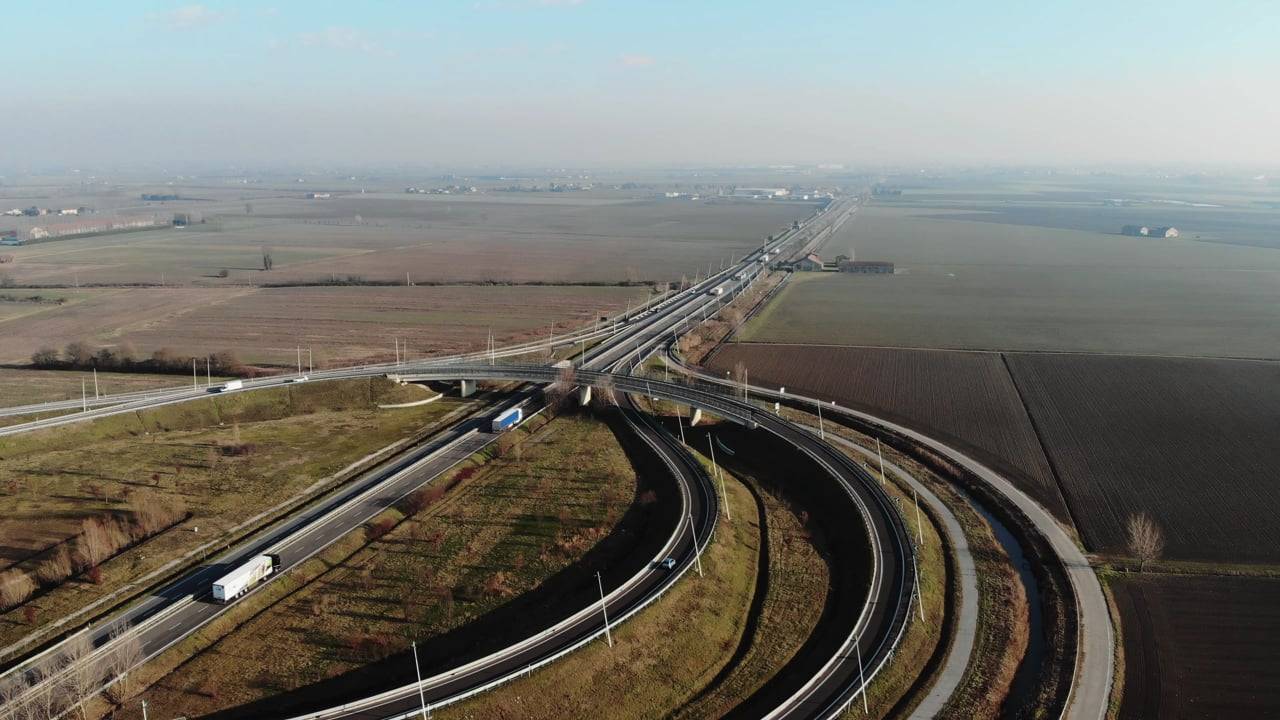The Karnataka government has approved an interim grant of ₹125 crore to facilitate the operational launch of Bengaluru’s five newly constituted city corporations. The funding marks the first major financial step following the formal notification of the Greater Bengaluru Administration (GBA) Act, 2024, which dissolved the Bruhat Bengaluru Mahanagara Palike (BBMP) and reorganized the city’s governance structure.
Immediate Funding for Transition
Under the arrangement, each of the five corporations—Bengaluru West, South, North, East, and Central, will receive ₹25 crore. The allocation is designed to cover essential operational and administrative costs during the early months of transition. According to GBA officials, the funds will be drawn from the ₹300 crore in property tax collections currently held in BBMP’s Union Bank account.
GBA Chief Commissioner Maheshwar Rao clarified that this infusion is not a free grant but an advance, which will later be adjusted against allocations once BBMP’s remaining reserves are divided among the new corporations. Rao emphasized that the objective is to maintain continuity of civic services such as sanitation, roads, and water supply while the new bodies establish their independent frameworks.
Structure of the Five Corporations
The reorganization marks the most significant change in Bengaluru’s municipal governance in decades. The five corporations have been structured to address issues of administrative complexity, population density, and geographic spread.
- West Bengaluru City Corporation is the largest, overseeing 110 wards across 10 Assembly constituencies, including Rajajinagar, Malleswaram, Basavanagudi, and parts of Yeshwanthpura.
- Central Bengaluru City Corporation has been assigned 63 wards, covering CV Raman Nagar, Shanthi Nagar, Shivaji Nagar, and Chickpet.
- North Bengaluru City Corporation will administer 75 wards, including Yelahanka, Byatarayanapura, Hebbal, and parts of Pulakeshinagar.
- East Bengaluru City Corporation will manage 50 wards, largely within KR Puram and Mahadevapura. The original plan for 60 wards was reduced after officials cited high-density clusters requiring tighter governance.
- South Bengaluru City Corporation is projected to govern 90–100 wards, spanning BTM Layout, Jayanagar, Bommanahalli, and Anekal.
Each corporation has already opened bank accounts to enable direct receipt of property tax revenues once the collection system is fully restructured.
Why the Reorganization Matters
Bengaluru’s governance challenges have long been tied to the size and scale of the BBMP, which struggled to manage 198 wards with a population exceeding 12 million. The GBA Act, 2024 was introduced with the intent to decentralize administration, bring governance closer to citizens, and improve efficiency in service delivery.
The move also integrates specialized entities such as Bengaluru Solid Waste Management Ltd. (BSWML) and Bengaluru Smart Infrastructure Ltd. (BSMILE), which will work alongside the five corporations under the overarching Greater Bengaluru Authority.
While the ₹125 crore grant provides breathing space, the long-term financial viability of the corporations will depend on effective property tax reforms, revenue-sharing frameworks, and independent financial planning. Experts point out that property tax is the largest source of municipal revenue in Bengaluru, and redirecting collections directly into corporation accounts is expected to enhance accountability.
Urban analysts also highlight that the transition comes at a critical time. Bengaluru faces rising demands for infrastructure upgrades, waste management solutions, stormwater drainage improvements, and traffic decongestion measures. By decentralizing governance, the state expects faster project implementation and better responsiveness to local needs.
Despite the promising start, several challenges remain in operationalizing the new framework. One of the primary concerns is the potential for administrative overlap between the five corporations and specialized bodies, which may create coordination issues and duplication of responsibilities. Another contentious aspect is the equitable distribution of BBMP’s existing resources, including both financial allocations and physical assets, among the newly formed corporations.
Additionally, staff redeployment and capacity-building measures are yet to be finalized, raising uncertainty about manpower adequacy and institutional readiness. Public accountability mechanisms, such as ward-level planning and structured citizen participation, will also need significant strengthening to prevent a repeat of the inefficiencies that plagued the BBMP in the past.
The launch of the five corporations with immediate funding signifies a major shift in how Bengaluru will be governed in the future. The decentralization move is aimed at creating smaller, more manageable administrative units, thereby reducing delays in civic works and enabling localized decision-making.
While the success of this model will depend on efficient execution and sustained financial discipline, the interim grant signals the government’s determination to provide a smooth transition from BBMP to GBA-led governance. For citizens, the real test will be whether services improve on the ground in the coming months.
Image source-facebook.com









.png)